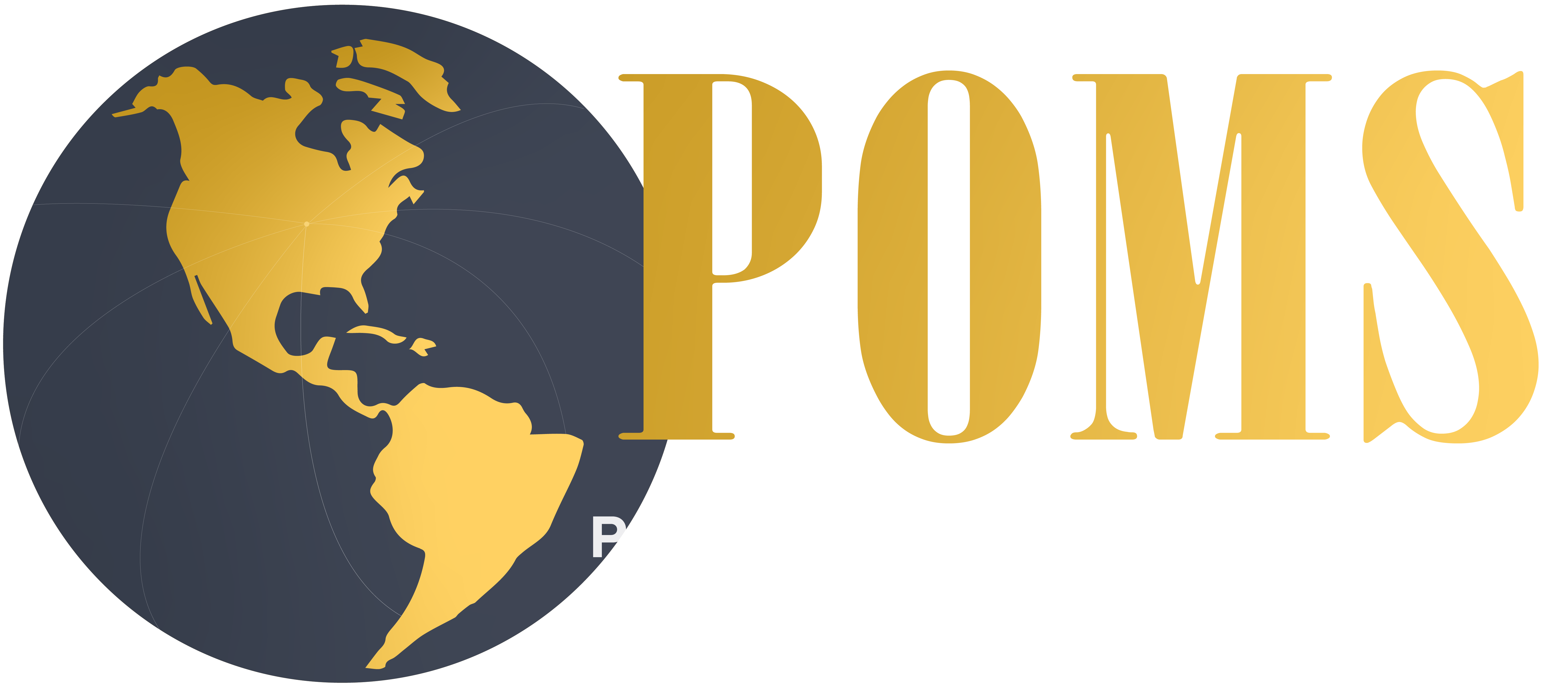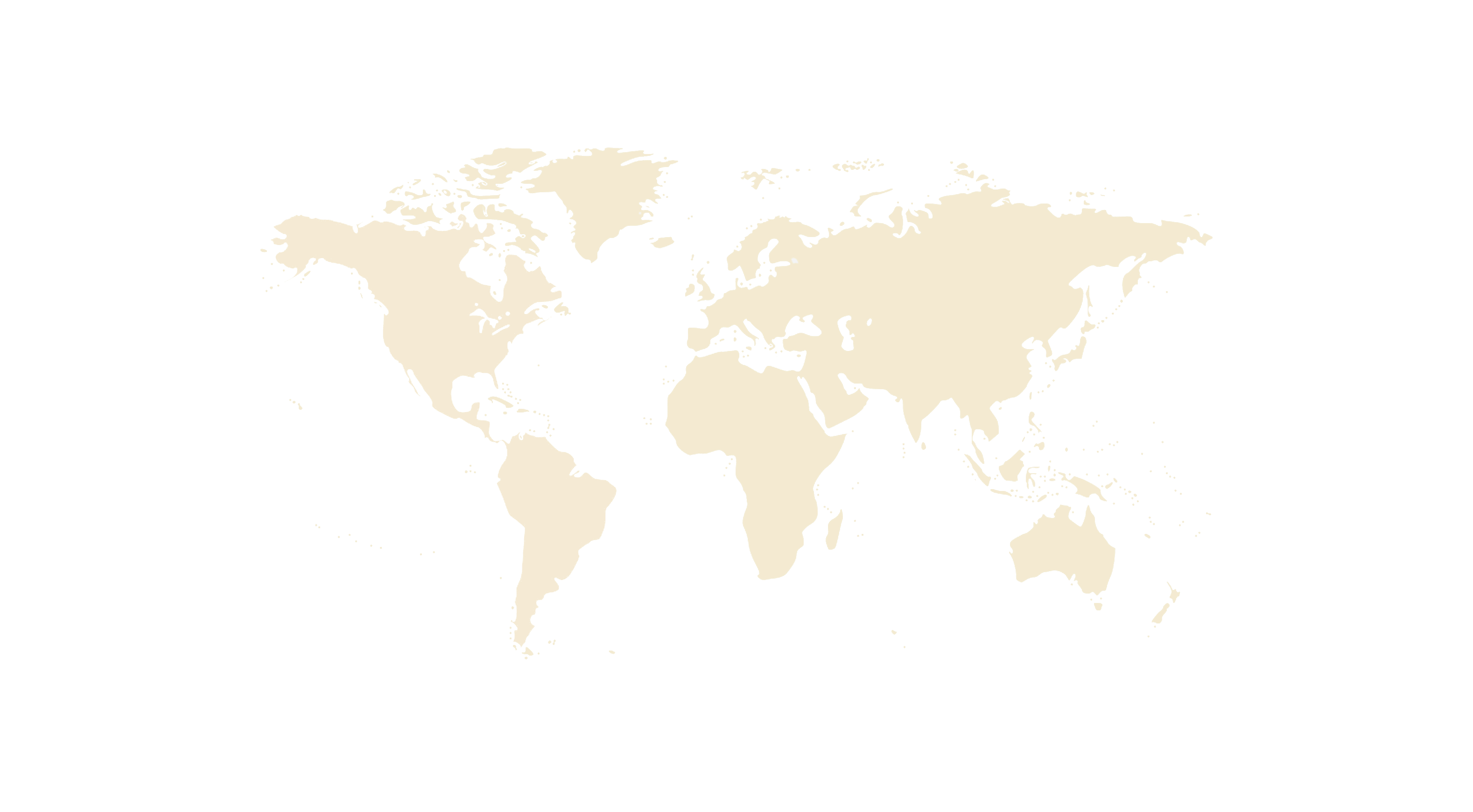POMS ETHICS FOR RESEARCH AND PUBLISHING
Note: These guidelines on Research and Publishing fit within the broader POMS ethical guidelines.
These guidelines are addressed in terms of “POMS members and authors,” which also includes any author or reviewer of a manuscript submitted to the POM journal.
1 Reporting on Research: POMS members and authors adhere to the highest ethical standards when disseminating their research findings, such as at POMS conferences or in POM publications.
1.1 POM members and authors do not fabricate data or falsify results in their publications or presentations.
1.2 In presenting their work, POMS members and authors report their findings fully and do not omit data that are relevant within the context of the research question(s). They report results whether they support or contradict expected outcomes.
1.3 POMS members and authors take particular care to present relevant qualifications to their research or to the findings and interpretations of them. POMS members and authors also disclose underlying assumptions, theories, methods, measures, and research designs that are relevant to the findings and interpretations of their work.
1.4 In keeping with the spirit of full disclosure of methods and analyses, once findings are publicly disseminated, POMS members and authors permit their open assessment and verification by other responsible researchers, with appropriate safeguards, where applicable, to protect the anonymity of research participants.
1.5 If POMS members and authors discover significant errors in their publication or presentation of data, analytics, or formulation, they take appropriate steps to correct such errors in the form of a correction, a retraction, published erratum, or other public statement.
1.6 POMS members and authors report sources of financial support in their papers and note any special relations to any sponsor. POMS members and authors may withhold the names of specific sponsors if they provide an adequate and full description of the sponsor's nature and interest.
1.7 POMS members and authors report accurately the results of others' scholarship by using complete and correct information and citations when presenting the work of others.
1.8 POMS members and authors who analyze data from others explicitly acknowledge the contribution of the initial researchers.
2 Publication Process: POMS members and authors adhere to the highest ethical standards when participating in publication and review processes.
2.1 Plagiarism
2.1.1 POMS members and authors do not misrepresent the work of others as their own, nor do they overstate their own contribution by obscuring related work by others or themselves.
2.1.2 POMS members and authors explicitly identify, credit, and reference the author of any data or material taken verbatim from written work, whether that work is published, unpublished, or electronically available.
2.1.3 POMS members and authors explicitly cite others' work and ideas, including their own, even if the work or ideas are paraphrased or not quoted verbatim. This standard applies whether the previous work is published, unpublished, or electronically available.
2.2 Authorship Credit
2.2.1 POMS members and authors ensure that authorship and other publication credits are based on the scientific or professional contributions of the individuals involved, and take special care to highlight the contributions of junior faculty and PhD students.
2.2.2 POMS members and authors take responsibility and credit, including authorship credit, only for work they have actually performed or to which they have contributed.
2.3 Submission of Manuscripts for Publication
2.3.1 In case of multiple authorships, POMS members and authors confer with all other authors prior to submitting work for publication, and they establish mutually acceptable agreements regarding submission.
2.3.2 In submitting a manuscript to a POMS publication, authors grant that POMS publication first claim to publication, except where explicit policies allow multiple submissions.
2.3.3 It is POMS policy to permit manuscripts that have been previously published in any non‐copyrighted proceedings to submit substantially embellished manuscripts for POMS‐journal review. However, it is the responsibility of authors to reveal the existence of any previously published version of a manuscript to the editor of the POMS journal.
2.3.4 POMS members and authors may not submit a manuscript to a second publication until after a decision has been received from the first publication or until the authors have formally withdrawn the manuscript. POMS members and authors submitting a manuscript for publication in a journal, book series, or edited book can withdraw a manuscript from consideration up until an official acceptance is made.
2.3.5 When POMS members and authors publish data or findings that overlap with work they have previously published elsewhere, they cite these publications. POMS members and authors must also send the prior publication or “in press” work to the POMS journal editor to whom they are submitting their work.
2.4 Responsibilities of Editors
2.4.1 When serving as editors of journals, books, or other publications, POMS members and editors are fair in the application of academic publishing standards, and they operate without personal or ideological favoritism or malice. They are also cognizant of any potential conflicts of interest.
2.4.2 When serving as editors of journals or book series, POMS members and editorsstrive to protect the confidentiality of the review process and supervise editorial office staff, including students, in accordance with practices that maintain confidentiality.
2.4.3 When serving as editors of journals or book series, POMS members and editors are bound to publish all manuscripts accepted for publication unless major errors or ethical violations are discovered after acceptance (e.g., plagiarism or scientific misconduct).
2.4.4 When serving as editors of journals or book series, POMS members and editors ensure the anonymity of reviewers unless they receive permission from reviewers to reveal their identities. Editors ensure that their staff members conform to this practice.
2.4.5 When serving as journal editors, POMS members and editors ensure the anonymity of authors unless and until a manuscript is accepted for publication, or unless the established practices of the journal are known to be otherwise.
2.4.6 When serving as journal editors, POMS members and editors take steps to provide for the timely review of all manuscripts and respond promptly to inquiries about the status of a review. POMS members and editors remain especially sensitive to the needs of PhD students and junior faculty for prompt reviews.
2.5 Responsibilities of Reviewers
2.5.1 POMS members and reviewers of the POM journal are fair in the application of academic publishing standards, and they operate without personal or ideological favoritism or malice.
2.5.2 In reviewing material submitted for publication or other evaluation purposes, POMS members and reviewers respect the confidentiality of the process and the proprietary rights of those who submitted the material.
2.5.3 POMS members and reviewers disclose conflicts of interest or decline requests to review others' work when they are aware of conflicts of interest.
2.5.4 POMS members and reviewers decline requests for reviews of the work of others when they believe that the review process may be biased or when they have questions about the integrity of the process.
2.5.5 If asked to review a manuscript, book, or proposal they have previously reviewed, POMS members and reviewers make that prior review known to the person making the request (e.g., editor, program officer), unless it is clear that they are being asked to provide a reappraisal.
POM CONFLICTS OF INTEREST POLICY
To ensure an objective and fair review process, it is important to avoid conflicts of interest between authors and evaluators. Conflict of interest can arise when an evaluator is associated with the author(s) in a way that could weigh upon the rendering of an impartial recommendation on the manuscript.
Such relationships include
1. PhD Adviser or Advisee
2. Co‐author over the past five years
3. Collaborator on a current research project
4. Co‐located at the same institution (at time of submission)
Authors should not nominate editors or reviewers who fall into one of these categories.


